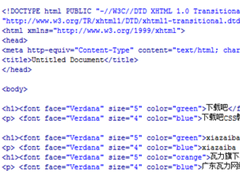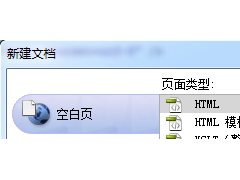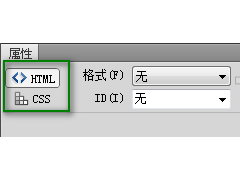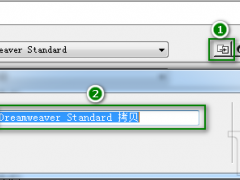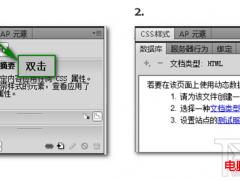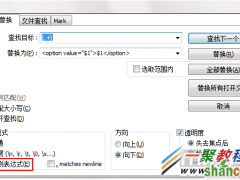本文实例讲述了python获取一组汉字拼音首字母的方法。分享给大家供大家参考。具体实现方法如下:
?
1 2 3 4 5 6 7 8 9 10 11 12 13 14 15 16 17 18 19 20 21 22 23 24 25 26 27 28 29 30 31 32 33 34 35 36 37 38 39 40 41 42 43 44 45 46 47 48 49 50 51 52 53 54 55 56 57 58 59 60 61 62 63 64 65 66 67 68 69 70 71 72 73 74 75 76 77 78 79 80 81 #!/usr/bin/env python # -*- coding: utf-8 -*- def multi_get_letter(str_input): if isinstance(str_input, unicode): unicode_str = str_input else: try: unicode_str = str_input.decode('utf8') except: try: unicode_str = str_input.decode('gbk') except: print 'unknown coding' return return_list = [] for one_unicode in unicode_str: return_list.append(single_get_first(one_unicode)) return return_list def single_get_first(unicode1): str1 = unicode1.encode('gbk') try: ord(str1) return str1 except: asc = ord(str1[0]) * 256 + ord(str1[1]) - 65536 if asc >= -20319 and asc <= -20284: return 'a' if asc >= -20283 and asc <= -19776: return 'b' if asc >= -19775 and asc <= -19219: return 'c' if asc >= -19218 and asc <= -18711: return 'd' if asc >= -18710 and asc <= -18527: return 'e' if asc >= -18526 and asc <= -18240: return 'f' if asc >= -18239 and asc <= -17923: return 'g' if asc >= -17922 and asc <= -17418: return 'h' if asc >= -17417 and asc <= -16475: return 'j' if asc >= -16474 and asc <= -16213: return 'k' if asc >= -16212 and asc <= -15641: return 'l' if asc >= -15640 and asc <= -15166: return 'm' if asc >= -15165 and asc <= -14923: return 'n' if asc >= -14922 and asc <= -14915: return 'o' if asc >= -14914 and asc <= -14631: return 'p' if asc >= -14630 and asc <= -14150: return 'q' if asc >= -14149 and asc <= -14091: return 'r' if asc >= -14090 and asc <= -13119: return 's' if asc >= -13118 and asc <= -12839: return 't' if asc >= -12838 and asc <= -12557: return 'w' if asc >= -12556 and asc <= -11848: return 'x' if asc >= -11847 and asc <= -11056: return 'y' if asc >= -11055 and asc <= -10247: return 'z' return '' def main(str_input): a = multi_get_letter(str_input) b = '' for i in a: b= b+i print b if __name__ == "__main__": str_input=u'欢迎你' main(str_input)希望本文所述对大家的Python程序设计有所帮助。




